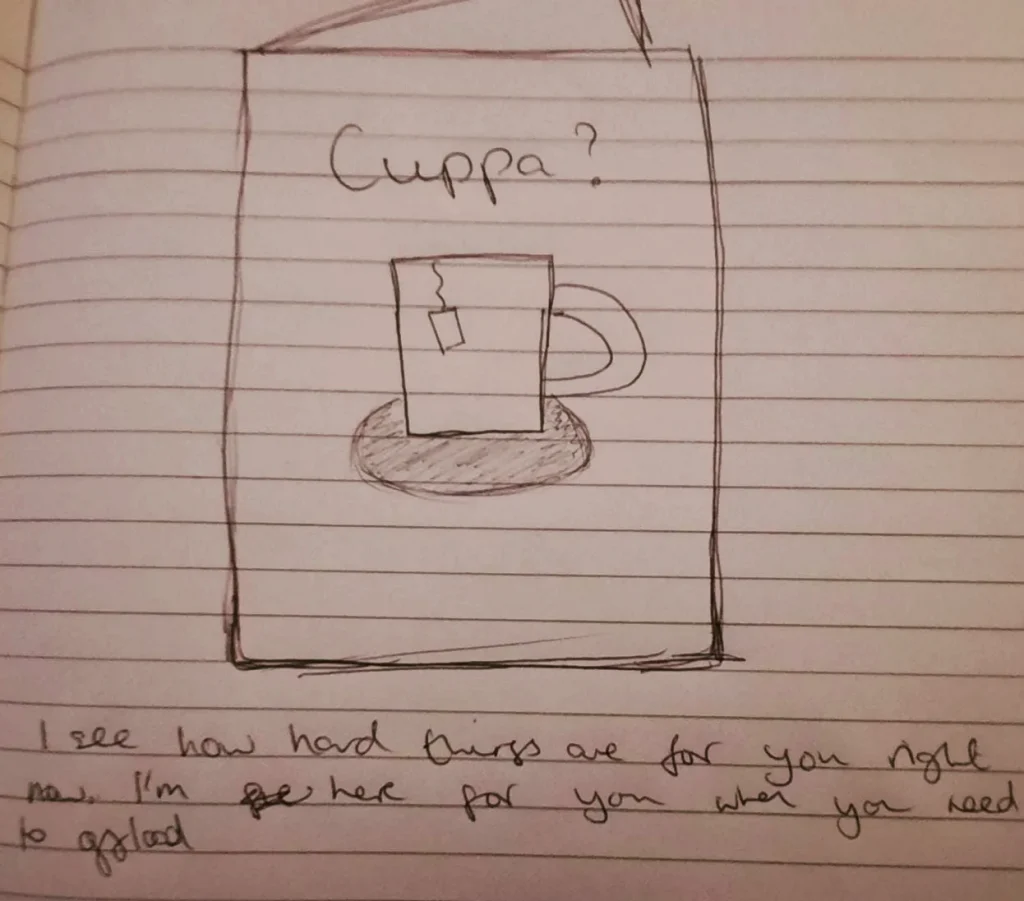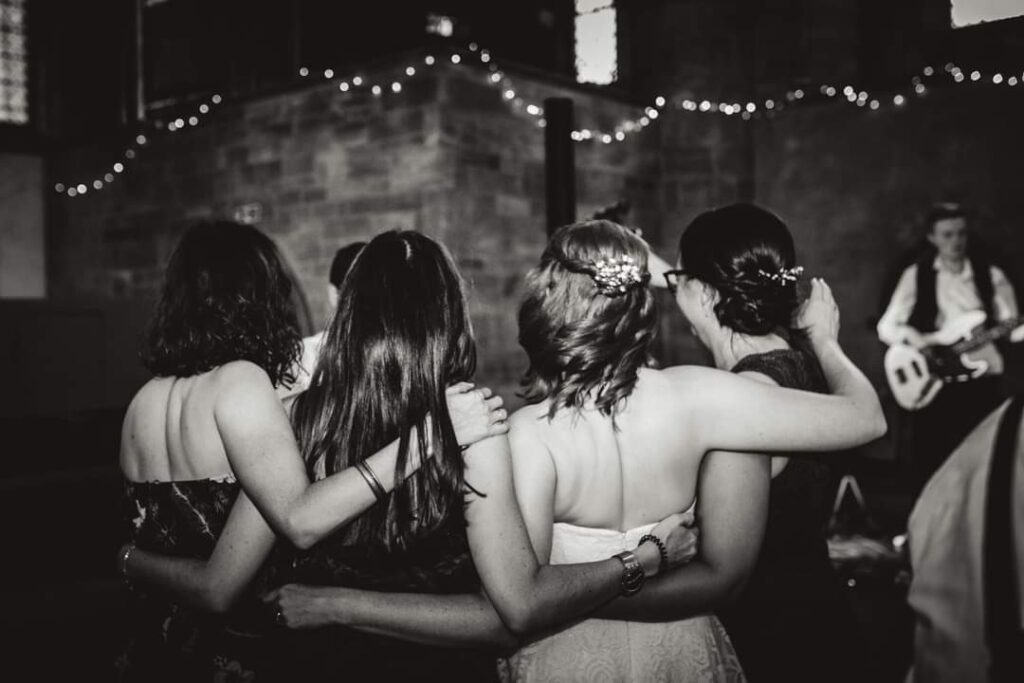How often have we heard these comments about our children:
“He’ll catch up” (he won’t)
“He’ll get there” (get where?)
“Boys are just lazy” (my child is disabled, not lazy)
“At least he’s alive” (my least favourite so far)
Or perhaps a version of one of these:
“You’re so strong” (so, why do I feel like I’m drowning?)
“I don’t know how you do it” (umm, I don’t have a choice)
“You’re a warrior mama” (but I’m so tired of fighting)


We live in a culture of looking on the bright side, of sending positive vibes, cheering up because it might never happen. For some people, it does happen. The unimaginable: your child is disabled. There may not be a bright side or a way to cheer up. Pre-diagnosis when you’re fumbling around in the dark or post-diagnosis when everything feels raw and hard may be seasons when you just need to sit in your grief. Why do parents of disabled children have to be held up on some pedestal and regarded as heroic, a warrior, perhaps even a martyr? We’re just regular, bog-standard people trying to live our lives. There’s nothing special about us. We weren’t chosen. We aren’t stronger than your average person. The truth is we don’t have a choice. This is our lives. We love our kids fiercely and we wouldn’t change them for the world yet there are days when we wish things could be easier.
Andrew Purlang writes in his article “One of the most “toxic” side effects of a philosophy of “positivity” is that when it fails, the implication is that you are to blame. If your positivity didn’t bring positive results, then you weren’t being positive enough.” Being a parent
I recently attended a support group for parents like me and we were asked to write the greeting card we wished we’d received at a difficult point in our journey and the resounding answer spoke volumes:
“I don’t know what you’re going through but I’m here for you”.
“I see how hard things are for you right now. I’m here for you when you need to offload”.
Sometimes all we need is for someone to just be there. Just to listen. Not to fix anything, not to offer advice or solutions. Just stop, listen, be there and sit with us in our feelings. We don’t need to hear a story about a long-lost family member who didn’t walk till they were three and talk till they were six and now they are “fine”. Some things can’t be fixed and don’t need to be fixed, they just need to be.

